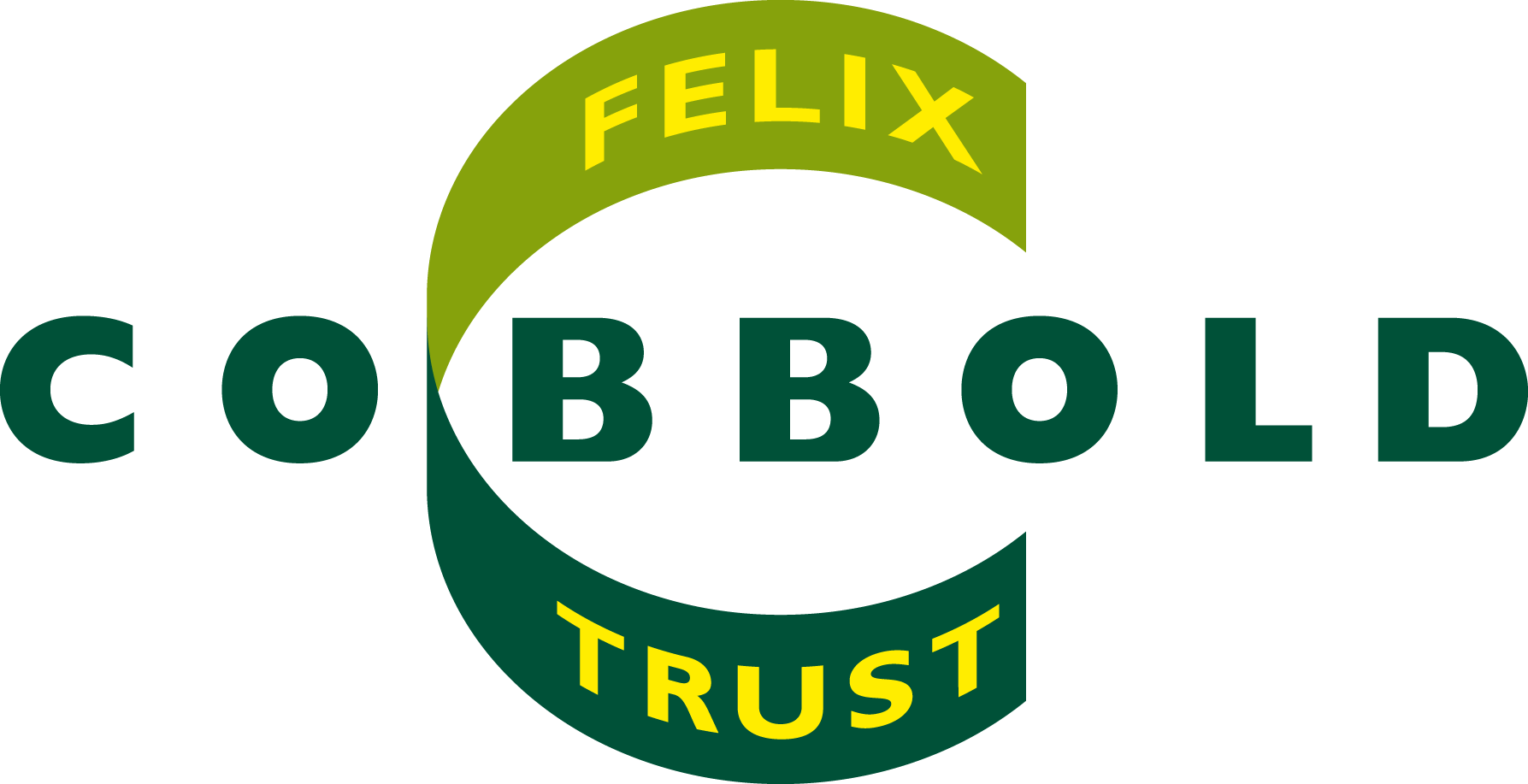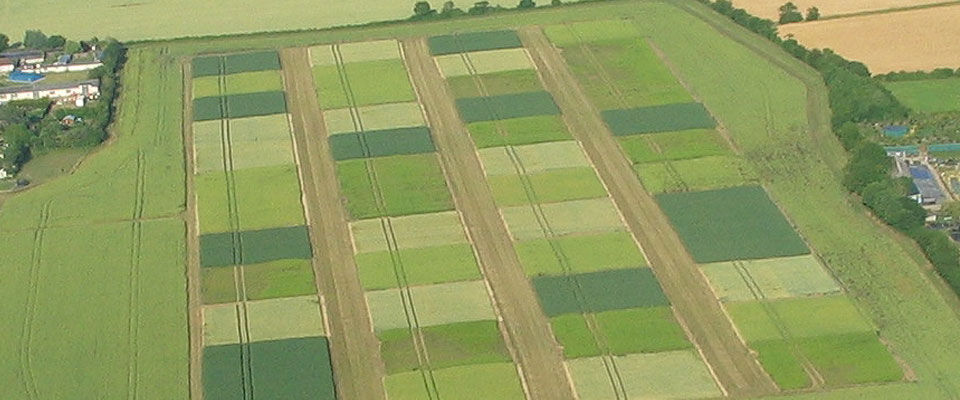STAR PROJECT
The Trust provides funding and the site for the Sustainability Trial in Arable Rotations (STAR) project, which is a unique long-term fully replicated field-based study examining the interaction between cultivation methods and crop rotations. The STAR project provides growers with a practical demonstration that models their own farm situation, and also generates impartial, statistically valid, quantifiable data that clearly demonstrates the impact of farm decisions on system stability and profitability. This enables growers to make more informed choices that will be of benefit to their businesses.
The trial comprises four rotations and four cultivation systems (giving a total of 16 treatments):
The trial comprises four rotations and four cultivation systems (giving a total of 16 treatments):
|
Winter cropping
Spring cropping Continuous winter wheat Alternate fallow |
X |
Annual plough
Managed approach* Shallow tillage Deep tillage |
* Managed approach decisions are based on ‘best practice’ at the time, taking into account soil/water conditions, previous cropping, weed burden and soil assessments.
Each year the STAR steering committee arrange an Open Day for farmers and technical advisers and agricultural journalists. The trial is in its 15th year.
Each year the STAR steering committee arrange an Open Day for farmers and technical advisers and agricultural journalists. The trial is in its 15th year.
Key findings so far include:
- Plough-based systems tending to give the higher yields;
- Managed approach tending to give the highest margins;
- Lowest yields and margins with shallow non-inversion tillage;
- Winter cropping giving highest and most consistent cumulative gross margin;
- Continuous wheat plots established with non-inversion systems show an increasing grass weed burden;
- Changes in gross margin ranking are being seen as the trial progresses;
- Long term impacts of systems on soil structure becoming apparent as the study develops.
In addition to the open events findings from the STAR project have been presented to specific farmer groups (as both presentations and bespoke tours), delivered through a range of industry facing publications (e.g. the farming press), featured on ‘Farming Today’ on Radio 4 and have been presented at a range of national and international conferences and events. Should you be interested in finding out more about the STAR project or visiting the site please see www.niab.com or email info@niab.com for further information.
The STAR project is delivered through NIAB TAG’s National Agronomy Centre (NAC) initiative. NAC is an independent, charitably funded programme, supported by The Morley Agricultural Foundation, carrying out applied crop and agronomy research and ensuring the results and conclusions are accessible to the entire UK agricultural industry – promoting best practice and informed choices on key arable decisions.
The STAR project is delivered through NIAB TAG’s National Agronomy Centre (NAC) initiative. NAC is an independent, charitably funded programme, supported by The Morley Agricultural Foundation, carrying out applied crop and agronomy research and ensuring the results and conclusions are accessible to the entire UK agricultural industry – promoting best practice and informed choices on key arable decisions.

